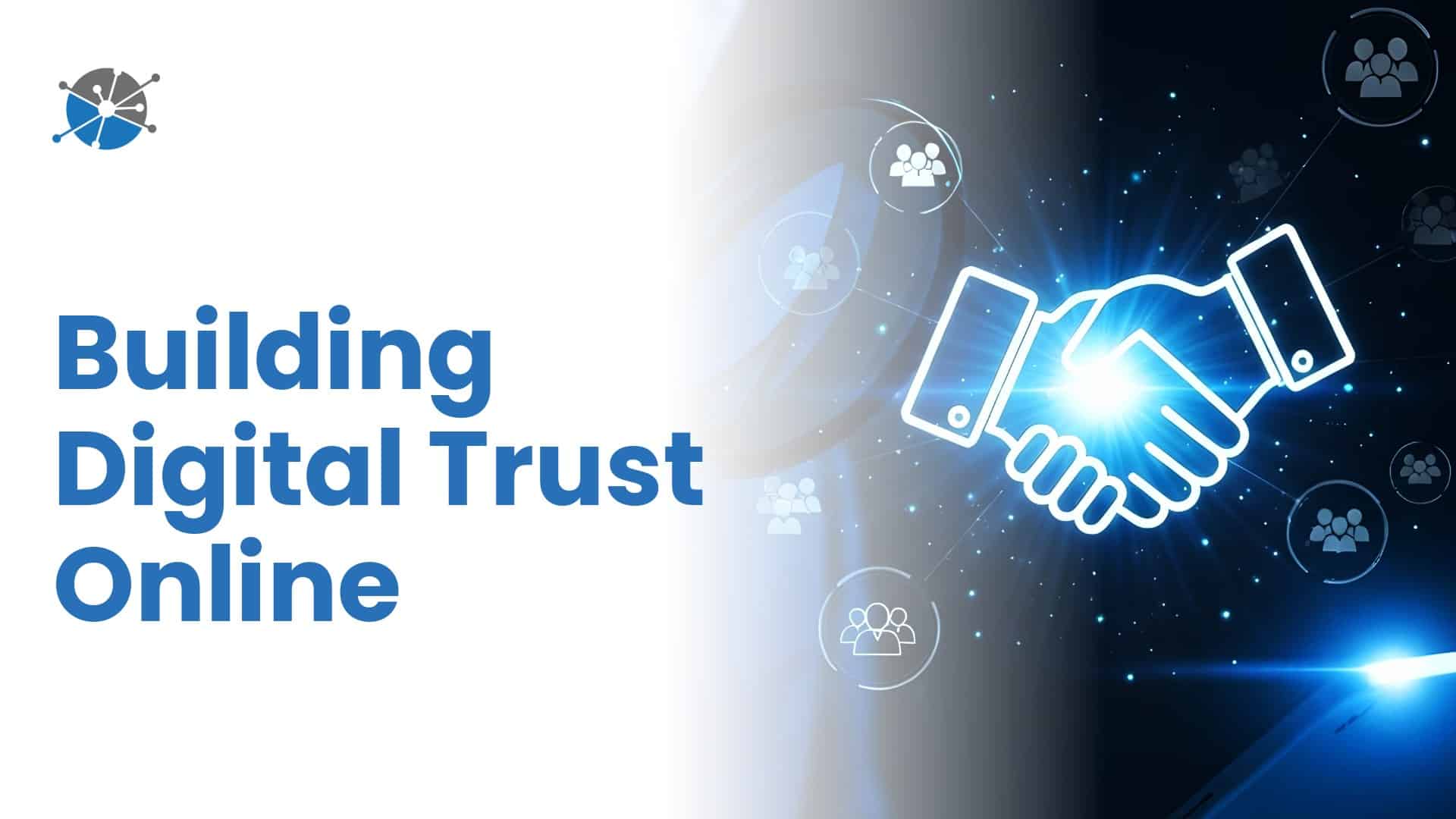
Why Call Center Management Training Is the Key to Stronger Teams and Better Results
By Jodie Bedoya
In every call center, team leaders sit at the most critical junction point in the organization. They influence performance, shape culture, and manage both people and process. Yet, in many call centers across the collections industry, we continue to promote collectors into leadership roles without the call center management training they need to succeed.
Here’s why that’s a mistake, and what you can do to fix it.
The Most Overlooked Role in the Call Center
Team leads are often promoted based on individual performance. They’re the top collector, the best negotiator, or the one who always volunteers for new tasks. Naturally, we reward them with advancement. But the truth is: strong individual performance doesn’t automatically translate into strong leadership.
Without structured call center management training, these new team leads often default to doing the work themselves, avoid difficult feedback conversations, hide behind policy emails instead of building trust, and lose credibility with former peers. And when that happens, performance dips, compliance risk rises, and turnover creeps in.
This creates a ripple effect. The team becomes less engaged. Frontline morale dips. KPIs drop. And senior leadership ends up scrambling to “fix” something that was avoidable.
We don’t set people up to fail intentionally, but when we underinvest in leadership development, that’s exactly what we do.
Coaching Is Not Optional – It’s Foundational
One of the first things we teach at eMatrix is that leadership is a skillset, not a personality trait. It requires time management, confidence in communication, language for feedback, and the ability to coach both up and down the chain of command. Let’s look at each piece.
Time management and calendar control are critical. If a team lead’s day is dictated by everyone else’s problems, they’re not managing – they’re reacting. We start our training with a simple but powerful exercise: show us your calendar. When there’s no blocked time for coaching, admin work, or team check-ins, there’s no leadership rhythm – only chaos. Effective call center managers structure their time like executives. It’s not about working longer hours; it’s about creating ownership over those hours.
Equally important is language for feedback and accountability. Managers often avoid hard conversations because they’re afraid of the reaction. We teach scripts that promote clear and neutral phrasing, such as, “There’s something that didn’t sit comfortably with me,” or “What do you need to do to show up on time tomorrow?” This language keeps conversations focused and productive.
Coaching doesn’t have to be formal or lengthy. Some of the most powerful coaching happens in real time, during 30-second hallway interactions. But to deliver that kind of feedback well, leaders need to feel confident. We help them build that confidence by practicing open-ended questioning, reflective listening, and identifying coaching moments as they happen.
Lastly, call center leaders must know how to manage up. Too many team leads feel stuck – pressured by leadership and burdened by team issues. By teaching them how to communicate concerns clearly, advocate for their team, and raise red flags before they become fires, we transform them into strategic assets.
Compliance and Culture: A Two-Track Approach
Compliance is essential. But when it takes over the coaching process, it can backfire. Team leads are not compliance officers – they are culture drivers. Their job is to coach, lead, and develop their people.
That’s why we recommend separating performance coaching and compliance review. Track one is compliance: clear, documented, and binary. Track two is coaching: collaborative, developmental, and behavior-focused. By splitting the two, you preserve the integrity of both. Agents don’t feel attacked. Leaders feel empowered. QA becomes a tool, not a threat.
Real-Time Coaching: The “Double Tap” Strategy
One of the most popular tools in our management training programs is something we call the Double Tap. It’s a real-time coaching strategy that’s respectful and highly effective.
Let’s say you notice an agent scrolling through their phone. Instead of making it a big conversation, you simply walk over and say, “Off the phone, please.” It’s a reset. A gentle correction. It’s not confrontational, personal, or punitive.
Leaders who use this consistently build a culture of clarity and accountability. We also encourage managers to build a personal library of phrases and resets. Because when pressure is high, having the language ready can make or break the moment.
Emotional Dumping and the Potato Problem
Culture in call centers is fragile, and emotional dumping can poison it quickly. We use the term “Potato Problem” to describe what happens when agents unload their stress on one another without permission.
Imagine one agent finishes a difficult call and immediately dumps their frustration onto their neighbor. That coworker is now distracted, agitated, and less effective. Multiply that across the team, and suddenly morale has tanked.
We train leaders to recognize this behavior early, and coach permission-based debriefing. Instead of dumping, team members are taught to ask, “Do you have five minutes to chat?” The tone shifts. The energy stabilizes. And productivity recovers.
Managing Up Is Part of the Job
Leadership isn’t just downward. True call center management training includes upward communication skills. When a team lead can approach their manager and say, “There’s something I’d like to discuss that hasn’t been sitting well with me,” they’ve crossed a professional threshold.
We help leaders practice these conversations, build confidence, and use structured, respectful language that promotes healthy dialogue. When team leads experience a win with managing up so their concerns are heard and acted on, they gain trust, buy-in, and momentum.
Building Accountability with Empathy
Accountability done right is a form of care. It’s a sign that you believe in someone’s ability to improve and are willing to support them through it.
Too often, accountability is confused with punishment. That’s a mistake. At eMatrix, we teach leaders to frame accountability conversations with clarity, structure, and empathy. Instead of vague reminders, we focus on expectations and ownership. “Here’s what’s expected. What’s your plan to meet that? Let’s check back in tomorrow.”
When combined with empathy (a true genuine interest in the individual’s wellbeing), this approach strengthens trust and performance at the same time.
The ROI of Call Center Management Training
This all sounds great, but what’s the business case? The ROI of call center management training is both immediate and long-term.
Organizations that invest in structured leadership development see higher employee retention, faster onboarding of new hires, improved customer satisfaction, and fewer compliance violations. Beyond the metrics, trained leaders free up executives. They reduce firefighting. They create stability and predictability in performance. And in a high-turnover industry, stability is a serious competitive advantage.
The Three Daily Priorities for Every Team Lead
In our workshops, we ask team leads a simple question: what are the three things you do each day that directly add value to the business?
The best responses are clear: coaching, motivating, and observing. When team leads focus on those three activities, the team moves forward. When they get stuck in admin tasks or over-functioning, progress stalls.
Call center management training should center around reinforcing these priorities and giving leaders the tools to stay focused.
Final Thought: Stop Hoping, Start Training
You wouldn’t send a new collector onto the phones without training. So why do we send new team leads into management without the same care?
Call center management training isn’t just a “nice to have,” it’s a performance lever, a compliance safeguard, and a retention strategy. It’s how we ensure that the people who lead our teams are equipped, empowered, and engaged.
Let’s stop setting them up to fail.
Let’s train them to lead.
About the Author
Jodie Bedoya is the Founder of eMatrix Training, where she helps call centers and collections firms train confident, compliant, and culturally aligned team leaders. Her frameworks and coaching programs have been used across agencies, creditors, and global financial institutions.







